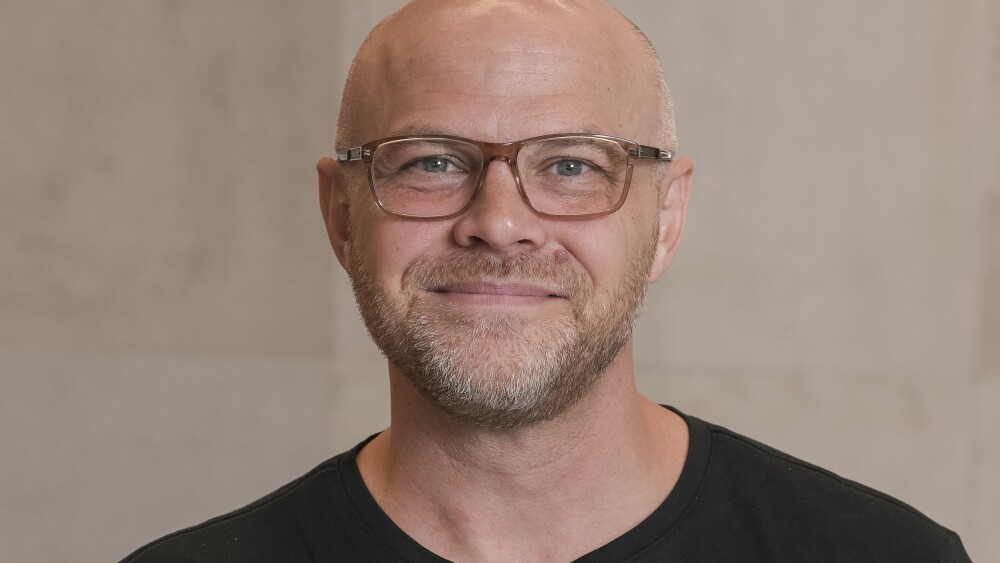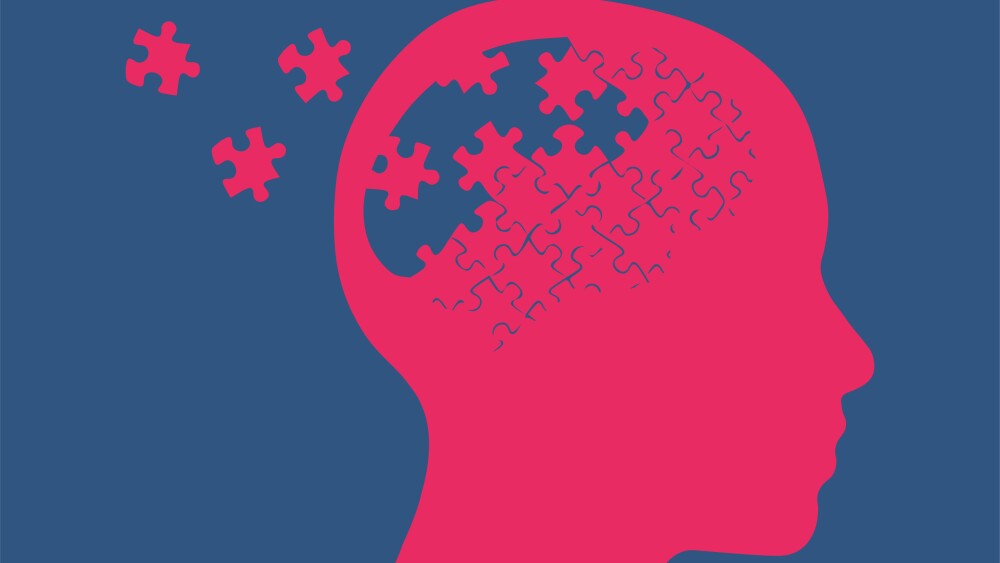WASHINGTON, DC / ACCESSWIRE / October 1, 2024 / Boosting research investment into the health and wellbeing of adults with Down syndrome would improve quality-of-life outcomes, reduce the costs of caregiving, and extend lifespans by five years, according to a RAND report commissioned by LuMind IDSC Foundation, the Alliance for Aging Research, BrightFocus Foundation, and the National Down Syndrome Society.
Over the past 50 years, the percentage of the Down syndrome population aged 50 and older quadrupled from about 5% to nearly 20% of the population by 2020. Alzheimer's disease prevalence is roughly six times higher among adults with Down syndrome aged 65 and older than in the general population.
Analysts developed a multistate population simulation and projection model to study trends in Down syndrome-associated Alzheimer's disease and the associated impact on caregiving. The report shows that new treatments and solutions discovered through additional research would significantly benefit individuals with Down syndrome, as well as their caregivers, both medically and financially.
"This report illustrates conclusively that early investment in care and treatment will have a meaningful impact on the health, wellness, and longevity of adults with Down syndrome," said Hampus Hillerstrom, president & CEO of LuMind IDSC. "Not only are the conclusions of this report important to note, but the data itself will be of use to researchers, foundations, and pharmaceutical and biotech companies that may be considering research into the significant medical needs of adults with Down syndrome."
Impact of Treatments
The report found that treatment innovations reducing the onset of Alzheimer's disease in the general population could improve health, survival, and caregiving outcomes by as much as 40% over the next 50 years if made available to people with Down syndrome.
There are no specific drugs approved to treat the co-existing conditions of Alzheimer's disease and Down syndrome. Clinical trials for newly approved anti-amyloid drugs Leqembi (lecanemab) and Kisunla (donanemab) did not include anyone with Down syndrome, so researchers and doctors still do not know if anti-amyloid drugs are safe for people with Down syndrome to use. (In 2024, Eli Lilly confirmed that the company plans to conduct a clinical trial evaluating the safety of Kisunla in people with Down syndrome).
In the researchers' analysis, effective treatments resulted in extended longevity and five additional years of good health without Alzheimer's disease.
Reducing Caregiving Challenges
Caregiving for people with Down syndrome aged 45 or older is estimated to require 35,000 full-time equivalent (FTE) hours per year, an estimated annual cost of about $1 billion. The report estimated that caregiver hours for adults with Down syndrome after an Alzheimer's disease diagnosis would be reduced by 40% if investments are made now in research for Down syndrome-associated Alzheimer's disease.
The authors recommend that future Alzheimer's treatment approvals include Down syndrome-associated Alzheimer's disease, which requires the inclusion of individuals with Down syndrome and Alzheimer's disease in clinical trials. They also emphasize the importance of clinician education that addresses the use of these treatments for patients with Down syndrome-associated Alzheimer's disease. Additionally, they advocate for clinician and caregiver education that emphasizes timely detection of Alzheimer's disease among individuals with Down syndrome, along with initiatives to improve early detection of treatable Alzheimer's disease among those with Down syndrome-associated Alzheimer's disease.
Read the full RAND report, Modeling the Impact of Research Investment on Down Syndrome-Associated Alzheimer's Disease, or view a three-page summary.
For more information or to schedule an interview with a representative from any of the organizations named above, please contact John O'Connor at john@keybridge.biz or (202) 981-5042.
About the Commissioning Organizations
LuMind IDSC Down Syndrome Foundation
Founded by families in 2004, the LuMind IDSC Down Syndrome Foundation is a not-for-profit organization that serves as a bridge between the Down syndrome community and the research community. LuMind IDSC accelerates research to increase the availability of therapeutic, diagnostic, and medical care options for people with Down syndrome and empowers families through education, connections, and support. Learn more at https://lumindidsc.org/.
BrightFocus Foundation
BrightFocus is a premier global nonprofit funder of groundbreaking mind and sight research across the globe. Through our signature programs -- Alzheimer's Disease Research, Macular Degeneration Research, and National Glaucoma Research -- we invest in bold, innovative science that will find the cures for these heartbreaking diseases. We also share the latest research findings and trusted expert information to inform and empower individuals and families impacted by neurodegenerative diseases. Since our founding more than 50 years ago, we've provided initial funding for highly innovative research and creative ideas, sparking revolutionary approaches and life-saving breakthroughs. Learn more at brightfocus.org.
Alliance for Aging Research
Since 1986, the Alliance for Aging Research has served as a trusted source of health information for both consumers and health care professionals on diseases and conditions that disproportionately affect older adults and has led numerous successful advocacy campaigns promoting the health and independence of older adults. The Alliance is dedicated to changing the narrative to achieve healthy aging and equitable access to care. We strive for a culture that embraces healthy aging as a greater good and values science and investments to advance dignity, independence, and equity. Learn more about the Alliance at www.agingresearch.org.
National Down Syndrome Society
Founded in 1979, the National Down Syndrome Society (NDSS) empowers individuals with Down syndrome and their families by driving policy change, providing resources, engaging with local communities, and shifting public perceptions. NDSS engages grassroots advocates at the federal, state, and local levels and creates resources to support individuals with Down syndrome, their families, and caregivers across the lifespan on topics including education, employment, health and wellness, and aging. NDSS founded the National Buddy Walk® Program in 1995 and hosts community engagement events throughout the country including the New York City Buddy Walk® and Times Square Video, the NDSS Adult Summit, and the Down Syndrome Advocacy Conference. Visit www.ndss.org to learn more.
SOURCE: Alliance for Aging Research




